
US steel exports down to 5-year low in November
November steel exports tumbled 15% from October to the lowest monthly export rate since July 2020.

November steel exports tumbled 15% from October to the lowest monthly export rate since July 2020.

One third of the steel buyers responding to our market survey this week reported that domestic mills are negotiable on new spot order pricing. Mills began to hold a firmer stance on prices towards the end of last year, tightening their grip in early January and holding it since.
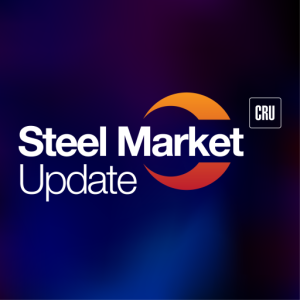
Steel mill lead times marginally declined on sheet products this week but edged higher on plate, according to responses from SMU’s latest market survey. Overall, lead times remain one to two weeks longer than levels seen three months ago.

Flat-rolled steel prices inched upward again this week as mixed demand appeared to be offset by limited supplies.

Sheet prices mostly continued their uneven but steady march higher this week, according to SMU’s latest check of the market.
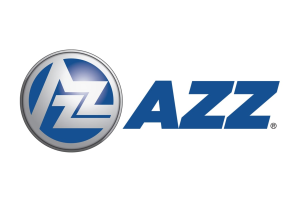
AZZ Inc. posted on its website that it had temporarily closed more than half a dozen locations in response to the extremely cold weather gripping much of the US.

SMU’s sheet price indices climbed to new multi-month highs this week, while plate prices marginally declined.
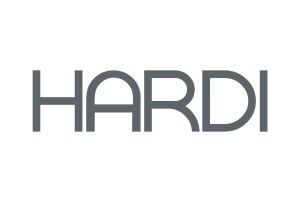
The galvanized steel market has kicked off the year with a firmer tone, marked by rising prices, lengthening lead times, and a noticeable shift in buyer sentiment. Service centers and distributors on HARDI’s latest sheet metal and coil handling council call described a market that is not overheating but steadily tightening.

The majority of SMU’s sheet and plate price indices rose this week, with multiple products climbing to new multi-month highs

AZZ Inc. posted record sales in its fiscal third quarter, driven by strong hot-dip galvanizing and coil coating demand tied to infrastructure, energy transition, and data center construction.

Mill spot price negotiation rates have tumbled across all products SMU tracks, according to our latest survey data.
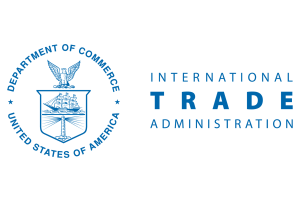
The US Department of Commerce has officially published the anti-dumping and countervailing duty orders on corrosion-resistant steel sheet imports, the final step in the trade case originally filed more than a year ago. At the same time, Commerce also revealed it is allowing some CORE imports into the country without paying the AD or CVDs.

US Midwest sheet prices continued to rise alongside continued mill prices increases as lead times remained extended.
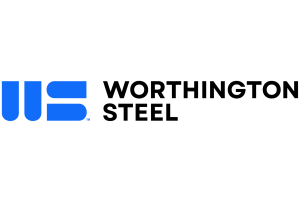
Worthington Steel executives emphasized on an earnings conference call on Thursday that the company’s standout fiscal Q2 performance came from capturing new automotive business, with direct automotive shipments rising 26% year over year.

Following last week’s pause, SMU’s price indices were overall steady to higher this week, holding at or near multi-month highs.
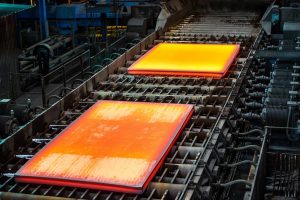
Less than half of the steel buyers who responded to our market survey this week reported that domestic mills are willing to talk price on new spot orders
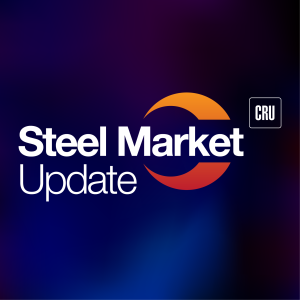
SMU’s sheet and plate prices took a breather this week, holding relatively steady at multi-month highs.
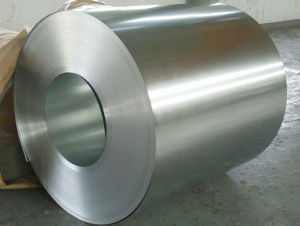
NLMK has revised their galvanized and galvanneal coating extras effective January 2026.

All of SMU’s sheet price indices rose this week, climbing to new multi-month highs. At the same time, our plate index held steady.

Multiple steel mills revised their galvanized, galvannealed and/or aluminized coating extras higher this week.

Steel mill lead times extended this week on all sheet and plate products tracked, according to responses from SMU’s latest market survey.

All five of SMU’s sheet and plate price indices increased this week for the second week in a row, with all products inching up to new multi-month highs. Prices are now up by $30-70/st compared to those seen four weeks ago.

Mills are less willing to talk price on spot orders on all the sheet products SMU tracks, but plate has veered the other way, according to our market survey this week.
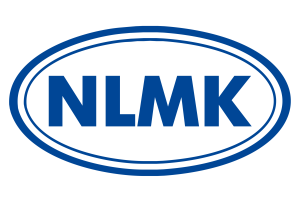
NLMK USA is aiming to increase base prices on all products, effective immediately.

Sheet steel indices increased across the board this week, while plate prices held steady. All five of SMU’s price indices are higher than they were two weeks ago, and all but one are above levels recorded four weeks ago.
Participants on this month’s Heating Air-Conditioning & Refrigeration Distributors International (HARDI) Sheet Metal/Air Handling Council call expect galvanized steel base prices to firm up in the first quarter of 2026.
Steel Dynamics Inc.’s third-quarter profits jumped year over year as the company saw “record” quarterly steel shipments
After marginally rising in August and September, the premium galvanized coil carries over hot-rolled coil (HRC) coil has narrowed again in recent weeks. As of Sept. 16, the spread between these two products has shrunk to a two-and-a-half-year low of $125 per short ton (st).

Mills are more willing to negotiate spot prices for both sheet and plate products, according to our latest market survey results.
AZZ Inc. delivered steady results in its fiscal second quarter. While infrastructure-heavy work buoyed its Metal Coatings segment, its Precoat Metals business navigated softer building markets and tariff-driven uncertainty.